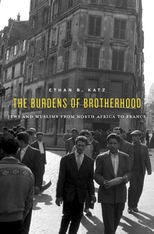The murderous attack on a kosher supermarket in Paris last January by a French Muslim extremist called attention to a wider problem — the gradual deterioration of relations between Jews and Muslims in France since the 1967 Six Day War.
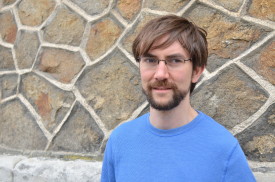
Until this deadly incident, mutual hostility had not usually been the norm in Jewish-Muslim relations in France, according to Ethan Katz, an American historian and the author of The Burdens of Brotherhood: Jews and Muslims From North Africa to France, published recently by Harvard University Press.
Speaking at the University of Toronto’s Monk School of Global Affairs on November 3, Katz — an assistant professor of history at the University of Cincinnati — claimed that coexistence had defined the relationship of French Jews and Muslims for about a century prior to the late 1960s.
Before World War II, Jews and Muslims of North African origin usually lived apart in separate neighborhoods in Paris. But in the Marais district, where a large proportion of residents were Jewish, Jews and Muslims were neighbors. They shared the same taste in attire, food and music, and in some cases, they formed friendships and even romantic liaisons, he noted. And in the Oriental cafes of Paris, Jewish and Muslim musicians of Algerian descent performed together.
Jewish-Arab relations took a turn for the worse in 1934, when intercommunal rioting erupted in Constantine, Algeria, claiming the lives of 24 Jews and four Muslims.
Nonetheless, French Jews and Muslims shared a sense of vulnerability during the 1930s as right-wing politicians in France denigrated them both, Katz said. In the 1936 election, many Jews and Muslims voted for Leon Blum, who would become France’s first Jewish prime minister.
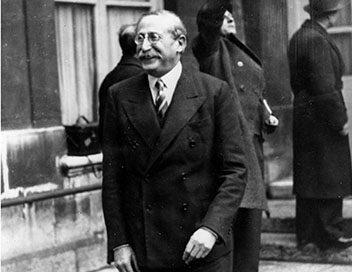
The war in Algeria, which lasted from 1954 to 1962, caught French Jews of North African descent in the middle, Katz said. On the one hand, they were loyal to the state. On the other hand, they were sympathetic to Algeria’s quest for independence from France.
He mentioned two figures who personified the affinities that brought Jews and Muslims in closer proximity.
Abd al-Qadr Abd al-Razik, an Algerian nationalist who became an ambassador in Algeria’s diplomatic corps, saw parallels in Israel’s and Algeria’s respective struggle for statehood. For a while, he lived on a Israeli kibbutz, where he met his wife-to-be, a Jewish Marxist.
Lucien Lazare, a Jewish community leader in France, was a defender of Muslim rights in Algeria.
With the end of French colonialism in Algeria, 72,000 Algerian Jews and tens of thousands of Algerian Muslims immigrated to France. Under the 1870 Cremieux decree, named after the then Jewish justice minister of France, 35,000 Algerian Jews were granted French citizenship. Algerian Muslims did not obtain this priviledge until the mid-20th century.
Some of the Jewish newcomers settled in Belleville, an ethnically diverse neighborhood in Paris where Jews and Muslims mingled. In 1968, a year after Israel’s victory in the Six Day War, Arab-Jewish riots shook Belleville. Twelve people were injured and 40 to 50 Jewish and Muslim shops were vandalized.
The Arab-Israeli conflict had reached France, Katz observed.
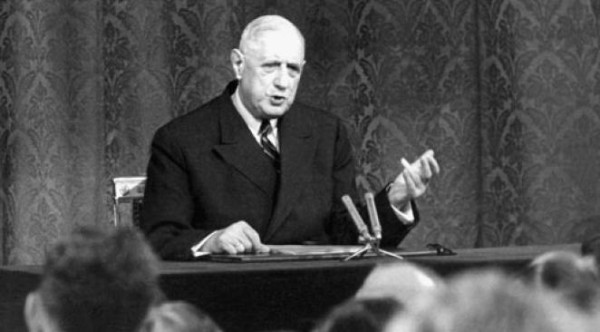
French Jews were stunned by another development — President Charles DeGaulle’s decision to revoke France’s alliance with Israel and adopt a pro-Arab position. Since then, Katz said, Arab-Jewish relations in France have been increasingly influenced and shaped by the rancor of the Arab-Israeli conflict, the inroads of radical Islam among a small minority of French Muslims, and the terrorist attacks launched by French-born jihadists in France.

Three years ago, Mohammed Merah, a French Muslim of Algerian ancestry, killed four Jews at a Jewish school in Toulouse. Last January, Amedy Coulibaly — a French Muslim — attacked Hyper Cacher, a kosher supermarket in Paris, killing four shoppers. Days before, two French citizens of Algerian origin, Said and Cherif Kouachi, killed 11 employees of Charlie Hebdo, a satirical weekly, and a policeman who happened to be a Muslim.
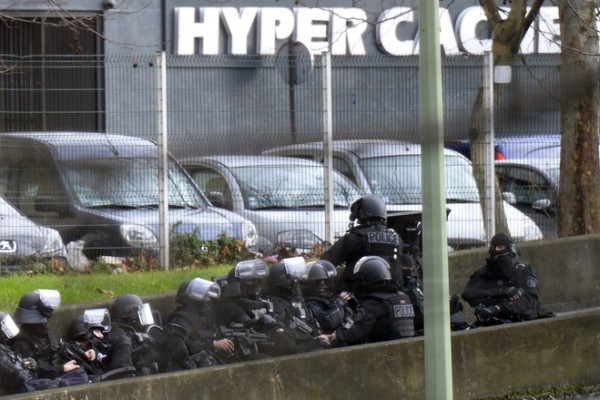
In Katz’s estimation, all these events have sown further Muslim-Jewish tension in France, which is home to the largest Muslim and Jewish communities in Europe. But as he suggested in his parting remarks, there is no reason why French Jews and Muslims cannot rebuild relations based on mutual respect and get along.
